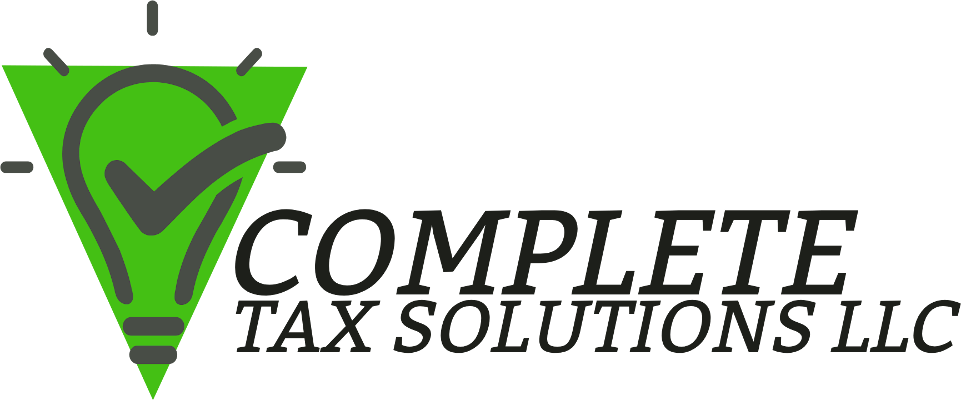Required Minimum Distributions (RMDs) are minimum amounts you must withdraw from your IRA or retirement plan account when you reach age 72. Beginning in 2023, the SECURE 2.0 Act changes the age RMDs must begin to age 73 for taxpayers that reach age 72 after December 31, 2022.
Roth IRAs are not subject to RMDs until after the original account owner dies. Designated Roth accounts in a 401(k) or 403(b) plan are subject to the RMD rules for 2022 and 2023. However, for 2024 and later years, RMDs are no longer required from designated Roth accounts.
RMDs from an IRA
You can meet your RMD requirement by taking a withdrawal from one or more of your traditional IRAs, or SEP, SIMPLE and SARSEP IRAs. It’s not necessary to take a withdrawal from each of your IRAs, but your total withdrawals must be at least equal to the total RMD due from all IRAs combined.
If you reached age 72 in 2022: The first RMD from your IRAs is due by April 1, 2023, based on the December 31, 2021, account balances. Your second RMD is due by December 31, 2023, based on the December 31, 2022, account balances.
If you reach age 72 in 2023: If you reach age 72 in 2023, you don’t have an RMD requirement for 2023. Your first RMD is for 2024, the year you reach age 73, and is due by April 1, 2025.
If you reach age 73 in 2023: If you reach age 73 in 2023, you were 72 in 2022 and must take your first RMD for 2022 by April 1, 2023, based on your December 31, 2021, account balances.
RMDs from a retirement plan
To satisfy the RMD requirements in a retirement plan, you must take RMDs separately from each of your retirement plans. If you reached age 72 in 2022, your first RMD for 2022 is due by April 1, 2023, based on your December 31, 2021, account balance. Your 2023 RMD is due by December 31, 2023, based on your December 31, 2022, account balance.
If you’re still employed by the plan sponsor, and not a 5% owner, your plan may allow you to delay taking RMDs from that workplace retirement plan until you retire. IRS rules always require you to take RMDs beginning at age 72 from traditional IRAs, SEP, SIMPLE and SARSEP IRA plans, even if you’re still employed.
